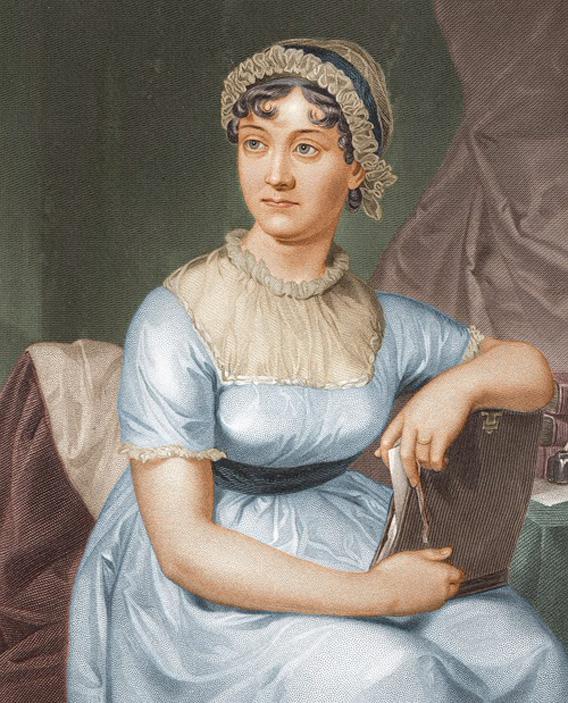Readers of Jane Austen had reason to rejoice this morning. According to an article in today’s New York Times, we haven’t just been wasting our time on frivolous little stories. Austen, it seems, has something to tell us. And not only us English majors. Mathematicians. Game theorists. Serious thinkers. Even Henry Kissinger.
That’s all according to a new book called Jane Austen, Game Theorist, by Michael Chwe, an associate professor of political science at UCLA. According to the Times piece, Chwe watched the movie Clueless, an adaptation of Austen’s Emma, and realized that Austen had some insight into human behavior. So he went back and read her novels, which he hadn’t done before, and they led him to conclude that she is a little-heralded forerunner of game theory. “When you think about it,” Chwe told the Times reporter, “people have been thinking about strategic action for a long time.” Yes, when you think about it, they have.
Good for Chwe for looking beyond statistical models and academic papers for insight—that he was inspired by a movie suggests the kind of active and wide-ranging curiosity that we can all find admirable. His book sounds charming, and the fact that he is capable of seeing the sophistication of Austen’s mind—and the unsentimental sweep of her analysis into human behavior and psychology—is to his credit. Certainly some less discerning minds—male and female, from math majors to MFA students—have not been able to see past the petticoats and romantic storylines.
But Jane Austen doesn’t need vindication from social science. Or math. Let alone from Henry Kissinger. And these kinds of arguments often flatten both art and science, reducing the insights of each to simple platitudes.
Take Jonah Lehrer’s first book, Proust was a Neuroscientist, in which he argued that great artists anticipated later scientific discoveries about the human brain or human psychology. Forget, for a moment, subsequent criticisms of Lehrer. Just read Jonathon Keats’ devastating review in Salon, which examined Lehrer’s argument that George Eliot’s Middlemarch anticipated a process called neurogenesis because over the course of the novel characters change dramatically. “Setting aside the fact that Eliot hardly needed to anticipate neurogenesis (or even neuroplasticity) to conjure characters changed by circumstances,” Keats wrote, “the essential question arises: What is the good of saddling Eliot with neuroscience? Lehrer’s reductionist reading of Middlemarch strips it of any interest as literature, and denies the value to be found in any work that doesn’t operate as an exemplar of neurogenesis, such as fatalistic Oedipus Rex.”
I don’t want to judge Chwe’s explication of Austen without having read it. It seems perfectly plausible to me that people who are interested in manipulation and persuasion in the real world could tease out useful lessons from a writer as shrewd as Austen. But what we shouldn’t do is treat Austen’s supposed utility—to serious experts!—as a validation of her art.
Of course the tendency to implicitly deprecate fiction in favor of “harder” writing is nothing new. “There seems,” Austen wrote in Northanger Abbey, “a general wish of decrying the capacity and undervaluing the labor of the novelist, and of slighting performances which have only genius, wit and taste to recommend them.” Now those are prescient words.
